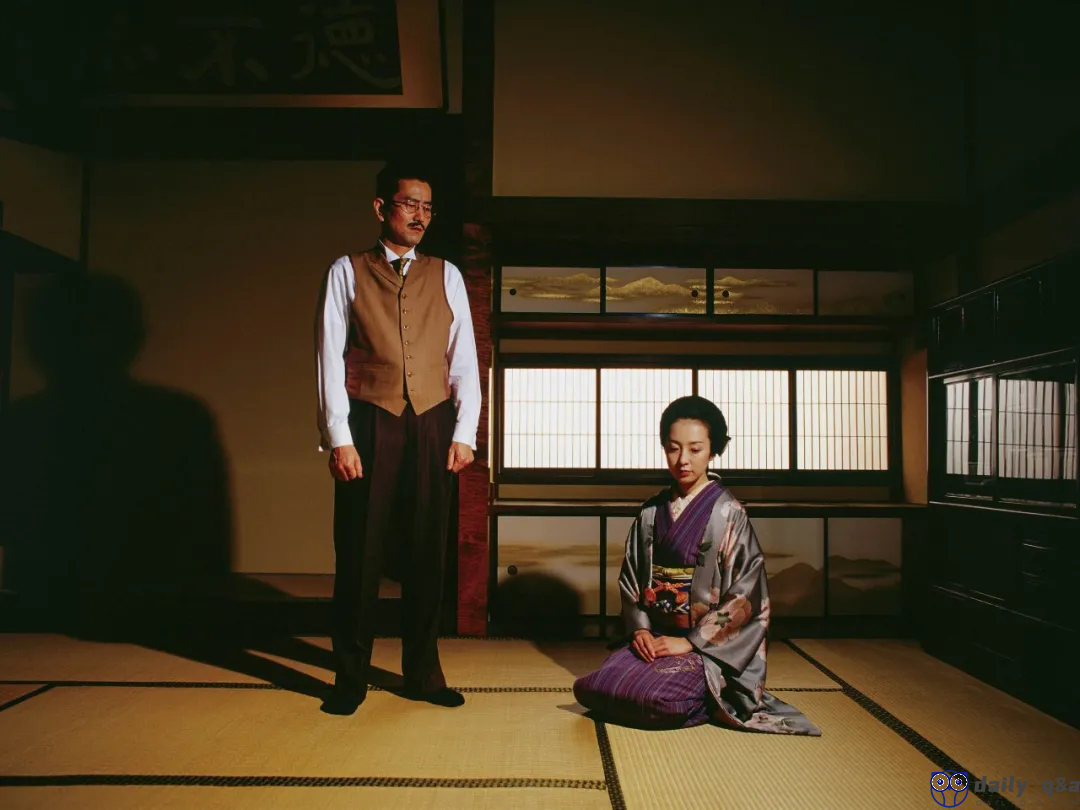
Today, Japan is still an Asian country with a low status of women. Understanding "misogyny" may help us understand Japan's multiple plights from traditional to modern, family to collective.
"Misogyny" is a foreign word that means disgusting, contempt of women, and prejudice against women. It also includes distorting and belittling the image of women, disgusting feminization, feminine tendencies, and things related to women. The well-known Japanese sociologist Chizuko Ueno wrote a book on "Misogyny"-"Missy", which has a great influence on the Chinese world.
Not only men have "misogyny", women also have "misogyny". Women's "misogyny" is manifested in their dislike of self and disgust with other women except themselves.
"Misogyny" penetrates into daily life and affects everyone. Times have begun to change, otherwise the book "Misogyny" would not be published. Hollywood movies used to have only male heroes, but now more and more female heroes are added.
Today, women’s self-awareness in Japanese society has gradually awakened, and they have become "too male" and may even become the object of general condemnation by public opinion. These new changes are constantly subverting people's traditional cognition.
Japan with gender inequality
The traditional Japanese society is a patriarchal society, and the status of women is not high. The "Yamato Nadeshiko" image of women with three observances and four virtues and a husband and a child is widely respected, and this influence continues to this day. Many people believe in the concept of their ancestors, thinking that "men are the pillars", that men can inherit incense, and men should protect women. This concept has been deeply rooted.
The traditional Japanese believe that the greatest happiness of a woman is to be a housewife. The husband sends her husband out before going to work, and must bow to the door and say "goodbye"; before the husband returns home, he must prepare the meal, put the bath water and stand at the door To greet her husband, say "you have worked hard", put on slippers, take over the coat and briefcase, and then wait for the husband to eat. The meal is not to the taste, so it is certain to be scolded.

"Escape is shameful but useful" stills
Most Japanese women wear makeup when they go out, even when facing their husbands at home. Many Japanese men have never seen their wives face up to the sky in their entire lives.
Japanese also distinguishes between masculine and feminine language. The masculine language is simpler and more direct, while the female language is more thoughtful and euphemistic, and pays more attention to the use of honorifics.
In such a society, "misogyny" is everywhere.
When Ueno Chizuko was born, Japan had just experienced defeat and began to reflect on tradition and innovation. In 1948, Chizuko Ueno was born in a wealthy doctor's family. His parents were Christians and his family environment was more enlightened.
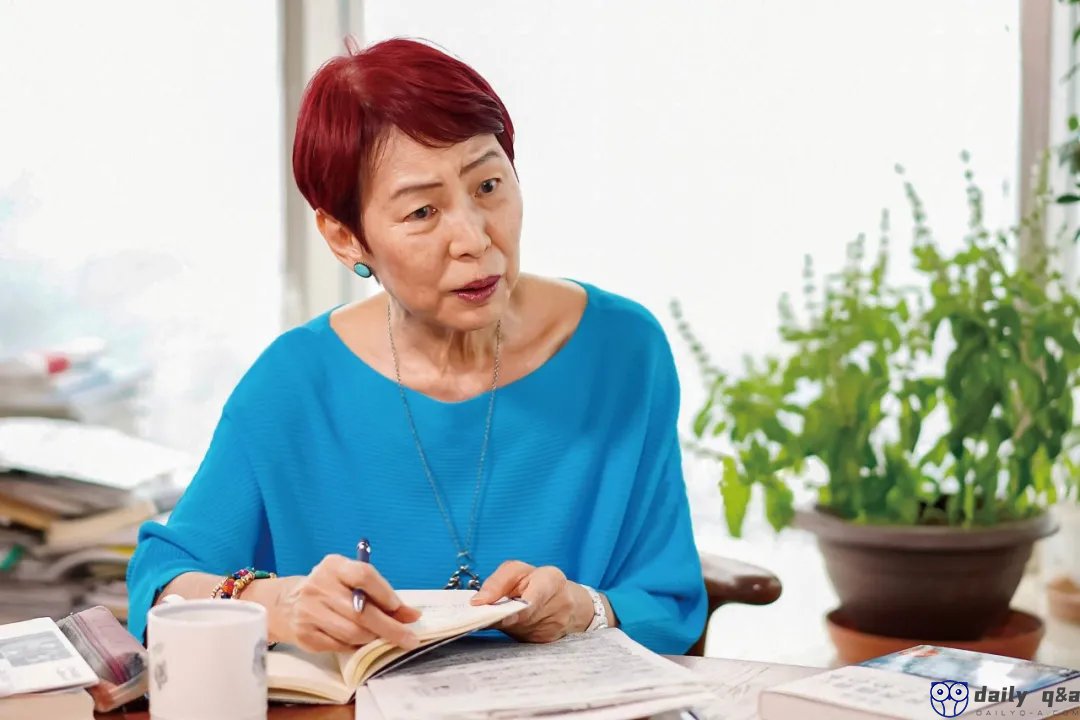
Chizuko Ueno
Although Chizuko Ueno has always been favored by her father, she considers herself nothing more than a pet girl. Because her father is still influenced by tradition and a sexist, she feels that her mother is not happy since she was a child.
The left-wing student movement also broke out in Japan in the 1960s and 1970s. In 1967, Chizuko Ueno entered the Department of Philosophy at Kyoto University, which coincided with the upsurge of the student movement in Japan. Chizuko Ueno did not hesitate to participate, but was disappointed: women were ignored in this movement.
After graduating, she found that women could not find a job under the same academic background, while men could easily find employment.
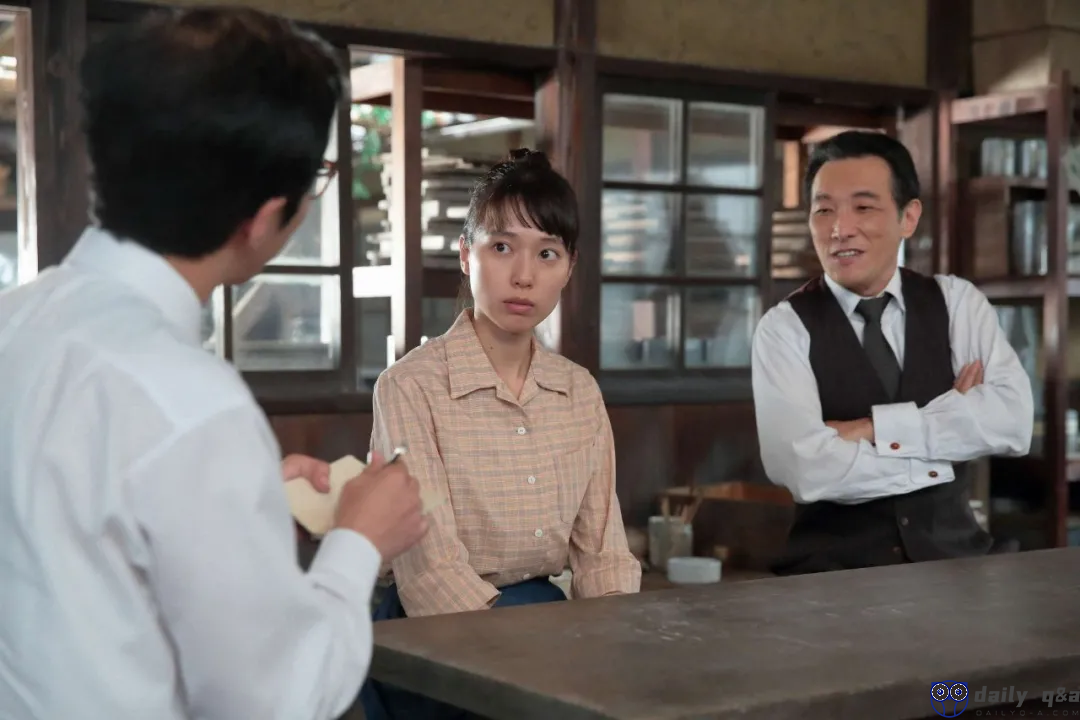
"Crimson" stills
Chizuko Ueno began to use research to solve her own puzzles. Soon, she observed and thought about society from a female perspective, pointed out the current gender inequality in Japan, and won the title of "first" woman in Japan.
"Misogyny" is the author's serial column in a reading quarterly. In three and a half years, her discussion has expanded from literature and art to social events, from ordinary families to the emperor of Japan, and from professional women to prostitutes. In-depth analysis of all aspects of "misogyny" in Japanese society.
The author points out that "misogyny" is not only to solve women’s problems, but also to solve men’s problems: how should people adjust their perceptions accordingly, adapt to new family relationships, work environments, and understand people of different generations Your gender concept?
"Misogyny" is a social problem
To understand "misogyny", we must first understand what "female" is. A basic view of contemporary sociologists is that gender concepts are the product of socialization, that is, men and women should not be different except for their physical characteristics.
The emergence of gender inequality or gender discrimination is due to many factors such as the construction of history and the domination of power. The typical feature of gender inequality is "misogyny".
The harm of "misogyny" is very high. It not only produces daily social problems such as women’s difficulty in finding jobs and women’s low social status, it can even cause men and women to have wrong sexual concepts, and to a lesser extent, men only use women as tools, or even Regarded as successful trophies; on the other hand, it will make the public think that sexual assault and harassment are normal sexual behaviors, and turn a blind eye to the harm suffered by women.

Stills of "Unborn", the man arranges for the woman to answer the phone and make a photocopy, and even complains behind the scenes
In Japan, there is a romantic writer Junnosuke Yoshiyuki who has won the Akutagawa Literature Award. He is good at describing the world of prostitutes, using those experiences as the themes of his novels.
He was even considered a writer who respected women and knew women best. Not only men like to read his books, but women also like to talk about them. Chizuko Ueno believes that what men read from Junnosuke Yoshiyuki is not a real woman, but a man’s fantasy of women, and those women who treat Junnosuke Yoshiyuki’s book as a textbook are only in the trap of cooperating with men. .
Chizuko Ueno also cited an example of a male entertainer in the entertainment industry. When the artist was in an inferiority complex, he turned out the phone numbers of the women and called one by one, "I am an entertainer. How many minutes will you rush to my place", only then did he feel that he was upset.
The boundaries of sexual harassment and sexual assault also need to be clear. Is there a clear line between "joke" and "sexual harassment", "marital quarrel" and "domestic violence"? Chizuko Ueno's answer is "Yes"-even if the husband and wife are raped without the consent of the other party, the unpleasant sexual approach of the other party can be regarded as sexual harassment.
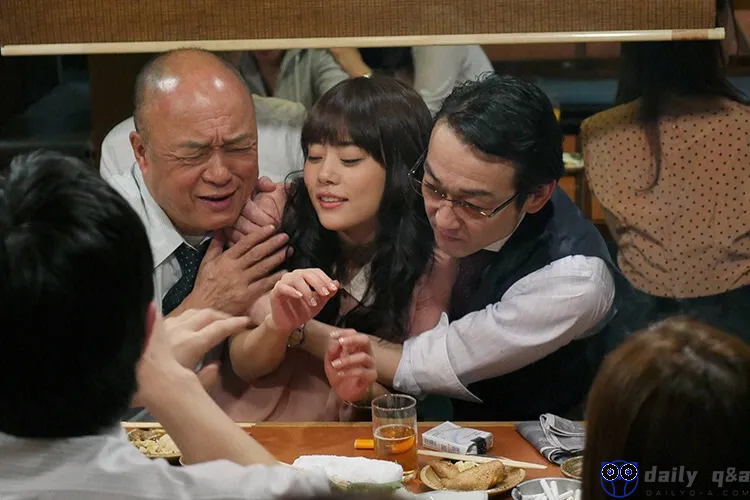
Stills from "The Problem Restaurant"
Some people may say that in many cases, those injured women have a certain willingness and are not worthy of sympathy.
So would women really agree to assault? possible. Women who internalize the values of men’s society into their own values will take the initiative to adapt to the rules of men and look forward to the distribution of wealth or benefits through men.
Why do women embarrass women
Not only do men have "misogyny", women also hate themselves and hate other women, sometimes worse than men. "Why am I a woman?"-Women's self-loathing begins by confessing that "I am a woman".
In women's self-loathing, there is an obvious phenomenon that often occurs. In order to please the men they love, or to get praise from the opposite sex, women deliberately pretend to be a female image that is in contrast to themselves; when they return to themselves, they usually dislike that image. For some women, it is "success" to be praised by the opposite sex.
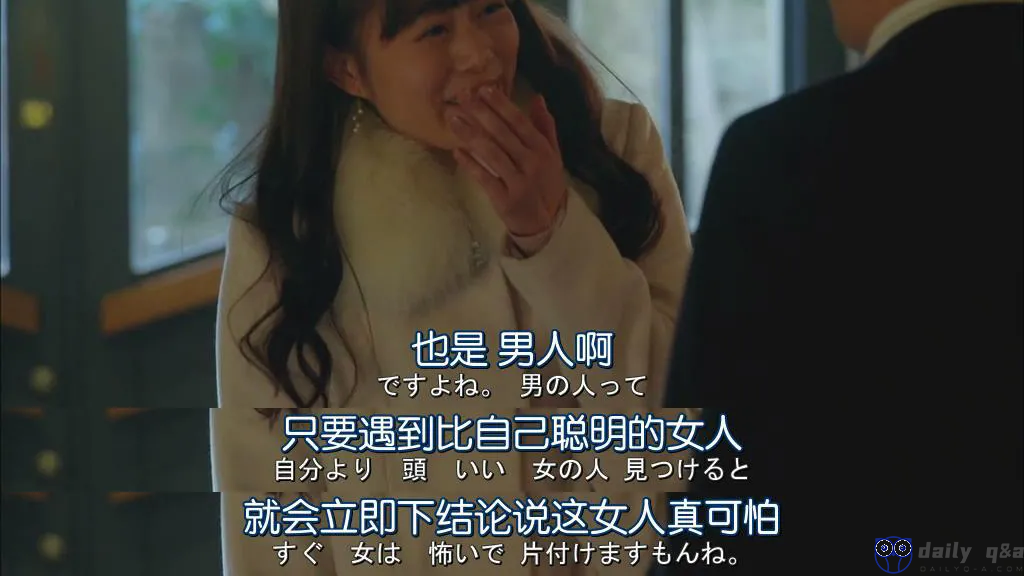
Stills from "The Problem Restaurant"
"Does this dress look good? Am I dressed beautifully today?" They dress up for an appointment, and have plastic surgery to win the aesthetics of the opposite sex. At the same time, they will mock other women and say "Why bother What? Who do you show it to? Why do you pretend to be like this?" things like that. These are all rooted in women’s misogyny.
When women hate other women, they often treat themselves as exceptions and pass on "misogyny".
There are two typical methods here. One is to become a male role, a female elite, and a strong woman among women, which is an aggressive strategy; the other is a retreat strategy, which is the so-called "ugly girl" strategy. I think I can't get the likes of men, and feel that women's problems have nothing to do with her.

Stills from "The Problem Restaurant"
Many women often say in chat: "I am not an ordinary woman." Although they have distinguished themselves, they are actually showing contempt for "ordinary women."
Just as white Americans treat educated black elites as whites, they do not reduce discrimination, but increase opposition.
The competitive relationship between women is stronger than the competitive relationship between men. Especially in a patriarchal society, all women may be potential competitors to each other.
An extreme case is the problem of mother-daughter relationship. In the past few years, an Indian film called "Mystery Superstar" was released in China. This is a feminist film. Although the film successfully reflects reality, it does not point to it sharply. The essential reason.
In the film, the mother curses her life while bringing the same life to her daughter. Therefore, the mother can only hope that her daughter can marry a good family, and the daughter also knows that if she wants to get rid of her mother’s bondage, she must get rid of this commitment. A man's life is to get ahead. But getting ahead is much harder for women than for men.

"Mysterious Superstar" stills
There is a popular saying on the Internet: "The feelings of good sisters are like plastic flowers. They are especially fake, but they never die." Does friendship exist between women? Chizuko Ueno still gave a more optimistic answer. She believes that there will be pure "friendship" in the world. Women don't have to embarrass women, and even men and women can become friends.
Men's "self-help"
How men adjust themselves to get along with women in the new era may be more difficult.
We often hear about "feminine studies", so is there any "male studies" to solve men's problems? In fact, to solve the "misogyny", it also solves the troubles of many men. "Misogyny" is actually very painful for men. As a man grows up, he is always educated that he must be strong and not cry, and he must deceive himself even after being injured.
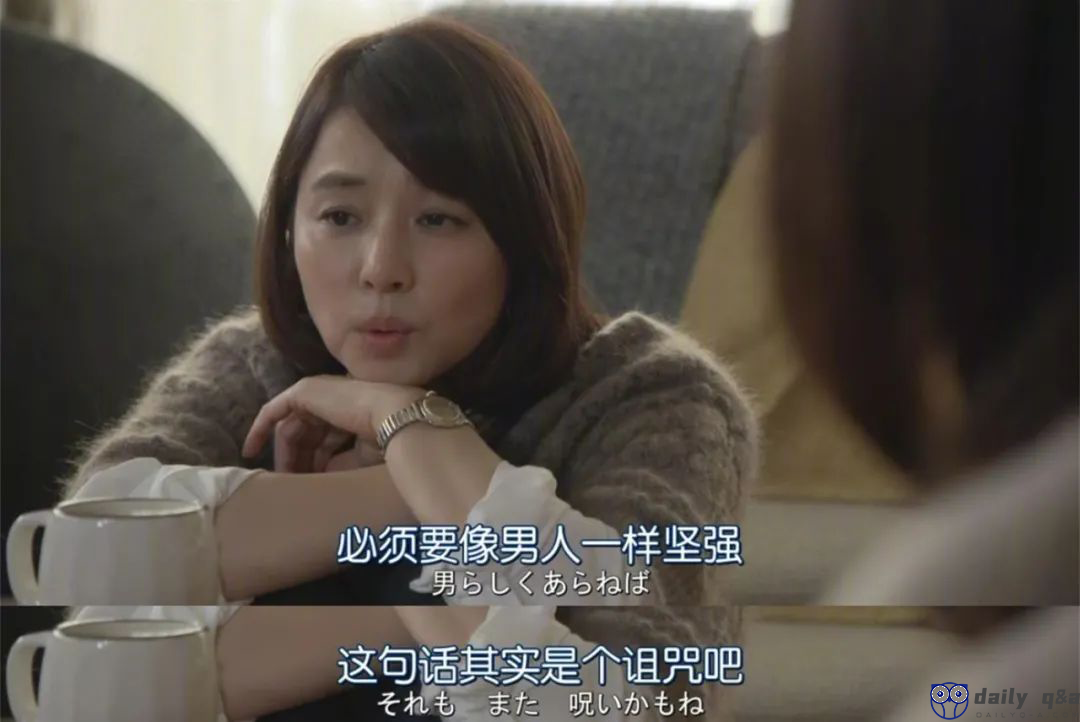
"Escape is shameful but useful" stills
Similarly, men are also deeply troubled by gender. Men also have self-loathing. One is aversion to "being a man" and the other is aversion to "not enough men". Every word and deed of a man must always avoid being "unlike a man." From another perspective, "misogyny" is caused by the long-standing society's double standards for gender, and men who get rid of "misogyny" are actually reconciling with themselves.
To overcome "misogyny", the first thing is to recognize the problem of "what is a man" and to interact with women at the same level. This requires men to get rid of the old concept of "brothers are like brothers and feet, and women are like clothes". It is these old ideas that make men treat women as gifts or transactions to form alliances, thus making "patriarchy" or "male power". More solid.
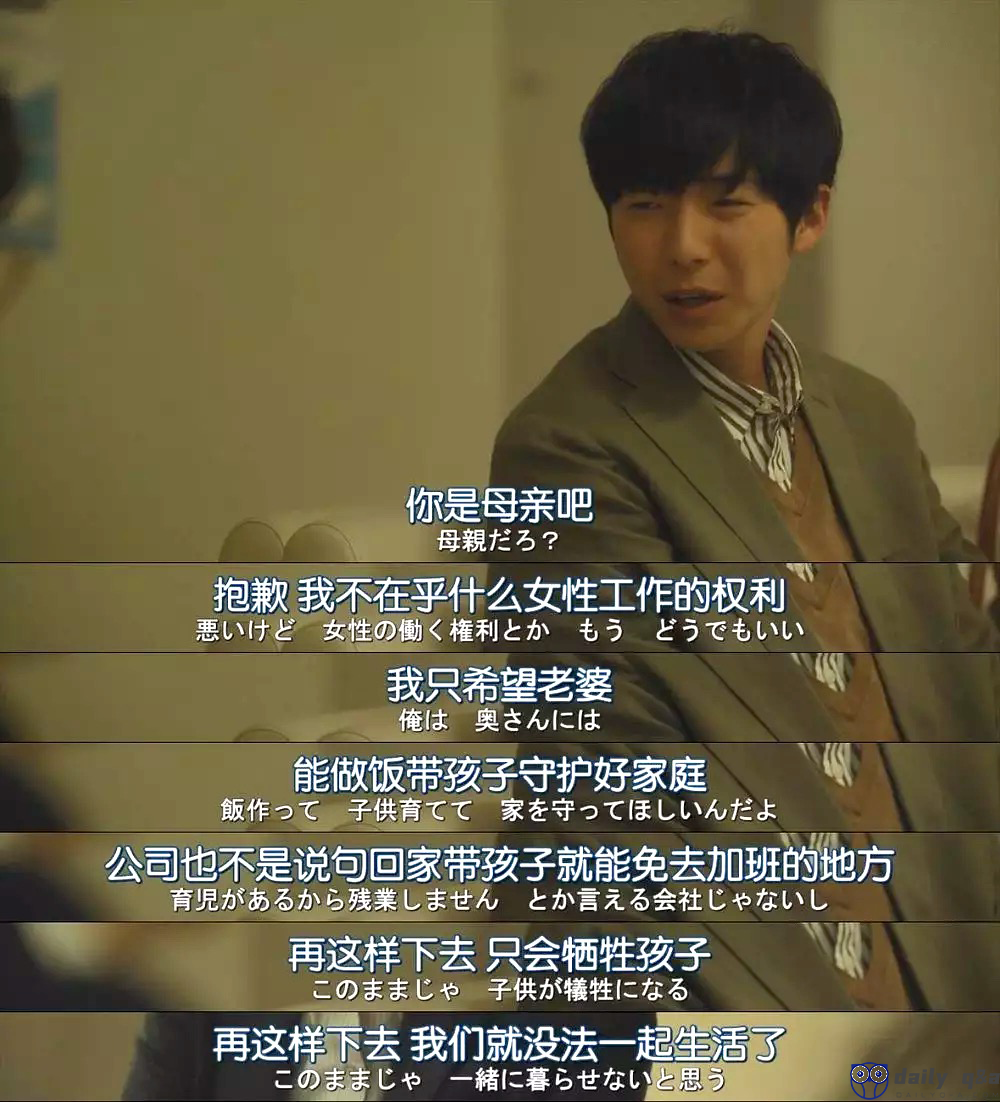
"Home on the Ramp" stills
The pursuit of gender equality is still a long journey. If the "misogyny" can be easily overcome, then there will be no hot sales of Chizuko Ueno's book "Missy". People have been surrounded by "misogyny" for a long time, and this is so deep that they don't know where it grows.
Although "Misogyny" talks about "misogyny", in fact it is a new interpretation of the many problems in Japanese society. Chizuko Ueno studied a series of social phenomena that the Japanese turned a blind eye to, to find out the cause and then prescribe the right medicine.
Understanding the purpose of "misogyny" is not only to solve social problems, but also to help both sexes better understand themselves and deal with their relationships with others.
Copyright notice
This article only represents the author's point of view, not the standpoint of this station.
This article is authorized by the author and cannot be reproduced without permission.